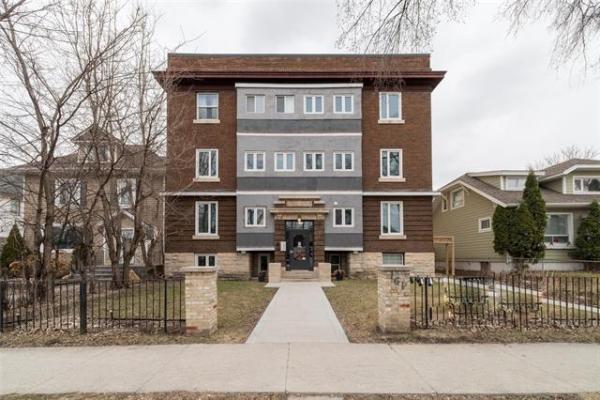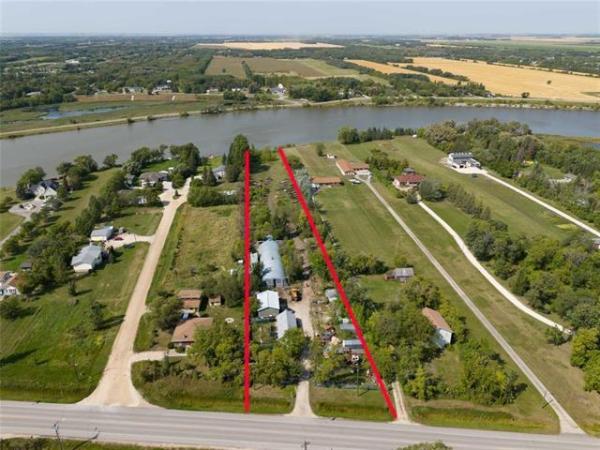QUESTION: If the hot-water tank comes equipped with sacrificial anodes, is it a good investment to have them replaced? Will this extend the life of the tank?
Rob Matthews, Winnipeg
ANSWER: You have asked a rather unusual question about something that very few homeowners even know exist. The answer to your question would be different if you lived outside the city, and I will address this issue with that in mind.
Sacrificial anodes are metallic rods that are installed inside water heater tanks to help prevent excessive corrosion of the metal tanks due to corrosive minerals often found in the water. The idea is that the corrosive minerals will attack the bare, uncoated rod before the tank, which may be lined with fibreglass or other coatings to help protect the inner surface. These rods do have a limited life expectancy and should be replaced on a regular basis, but the need for this will depend on the water quality in your home.
Inside the City of Winnipeg boundaries, we have exceptionally soft water that contains very few minerals, which is why our water heaters and plumbing fixtures last for many years. The straight answer to your question is no, you shouldn't need to replace the anode on your water heater, as it may not deteriorate much over the life of the tank.
If you live outside the city and have well water or municipally treated water that is high in minerals, especially lime, then regular replacement of the anode is an excellent idea. Even if you have a salt bath water softener or iron filter, you may still find that excessive minerals can be seen building up on the plumbing fixtures. Also, if your water has a strong mineral odour when a faucet is opened, it's advisable to regularly change the anode.
The difficulty in changing this protective element of your water heater is to know when it is damaged to the point of being ineffective. It's normally accessed by loosening a bolt at the top of the tank that is attached to the rod. It is advisable to shut the water-supply valve to the tank and partially drain the tank to prevent leakage. If the water is heated by electricity, the power must be shut off prior to any draining, as the elements can very quickly burn out if they become dry. For a gas-fired unit, the temperature on the thermostat should be turned to the lowest point before any water is drained.
As previously stated, requirements for maintenance on water heaters may vary considerably depending on the water quality in the home. With soft city water, rarely is draining or replacement of anodes required, but with hard well water, maintenance is necessary. This may include replacement of the anodes, but also will require periodic draining of water to help clear minerals from the bottom of the tank.
With very hard water, considerable mineral deposits may develop in the bottom of the tank. Elimination of these deposits by periodically flushing the tank, removing the bottom electric element and physically extracting the clumps of minerals may help extend the life of the unit. In some cases, the mineral buildup may cause damage to the bottom element due to contact. If this occurs, replacement of the element after clearing the debris will improve heating performance and capacity.
While replacement of sacrificial anodes will help prevent premature corrosion of the tank, regular maintenance of water-softening equipment is also very important. Following the manufacturer's instructions for maintenance as well as adding salt regularly to the softening system will be critical for proper function. If these items are neglected, not only will the water quality in your home suffer, but the life expectancy of the water heater, metal faucets, drains and other components of the plumbing system may be negatively affected. I have seen homes in certain areas where the chrome and brass in faucets are literally eaten through by the corrosive minerals in the water.
Just like any system in your home, water-heater maintenance is important to maintaining the longevity and performance of the component. This maintenance may include changing of the sacrificial anode in your tank, but water-quality control is just as important in this case. Surprisingly, within the area serviced by the Winnipeg municipal water supply, this is not an issue. The water quality is excellent to begin with and any treatment of the water that is required is done at central facilities and not normally necessary for the average homeowner.
Ari Marantz is the owner of Trained Eye Home Inspection Ltd. and the president of the Canadian Association of Home & Property Inspectors -- Manitoba (www.cahpi.mb.ca). Questions can be emailed or sent to: Ask The Inspector, P. O. Box 69021, #110-2025 Corydon Ave., Winnipeg, MB. R3P 2G9. Ari can be reached at (204) 291-5358 or check out his website at www.trainedeye.ca
trainedeye@iname.com



